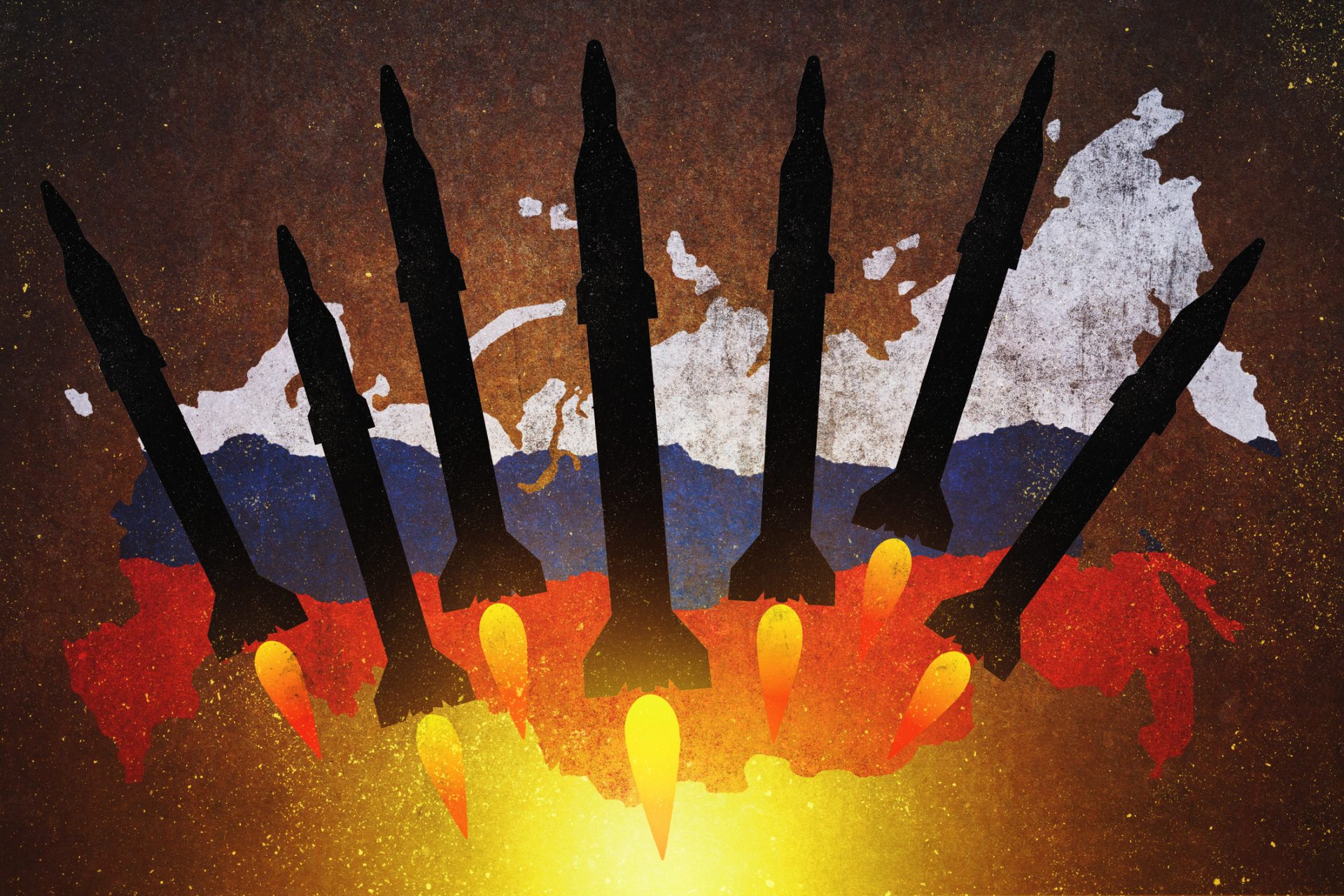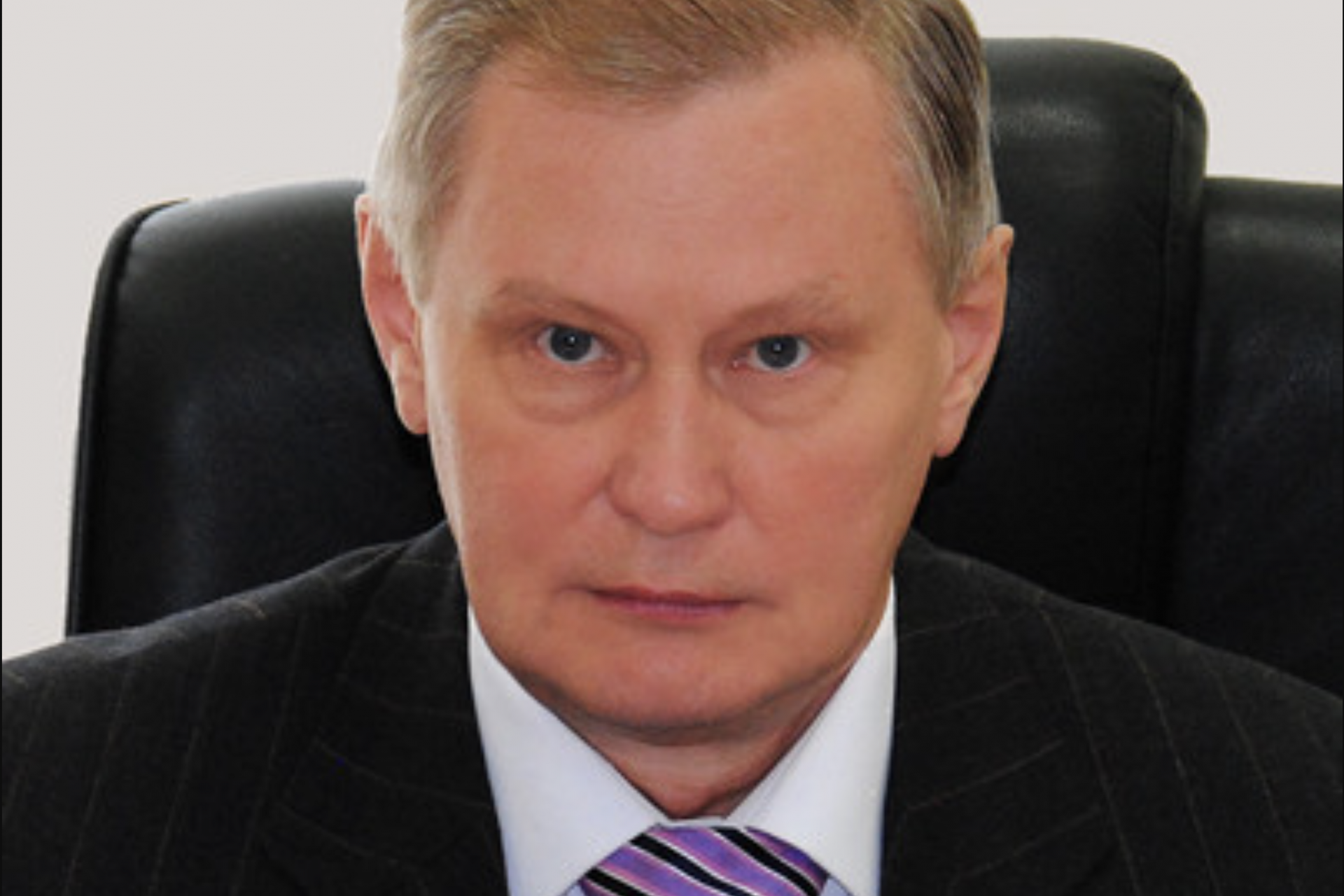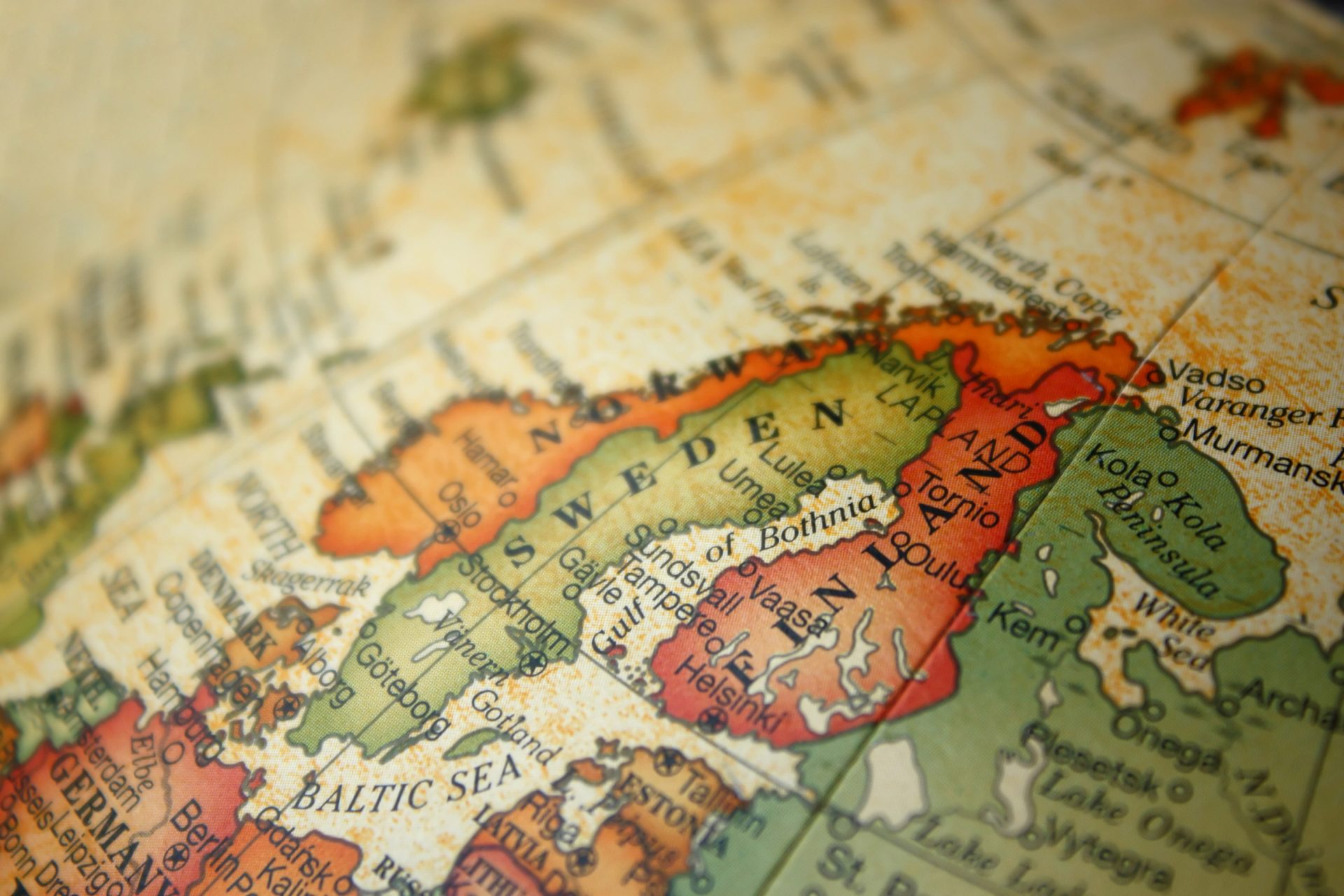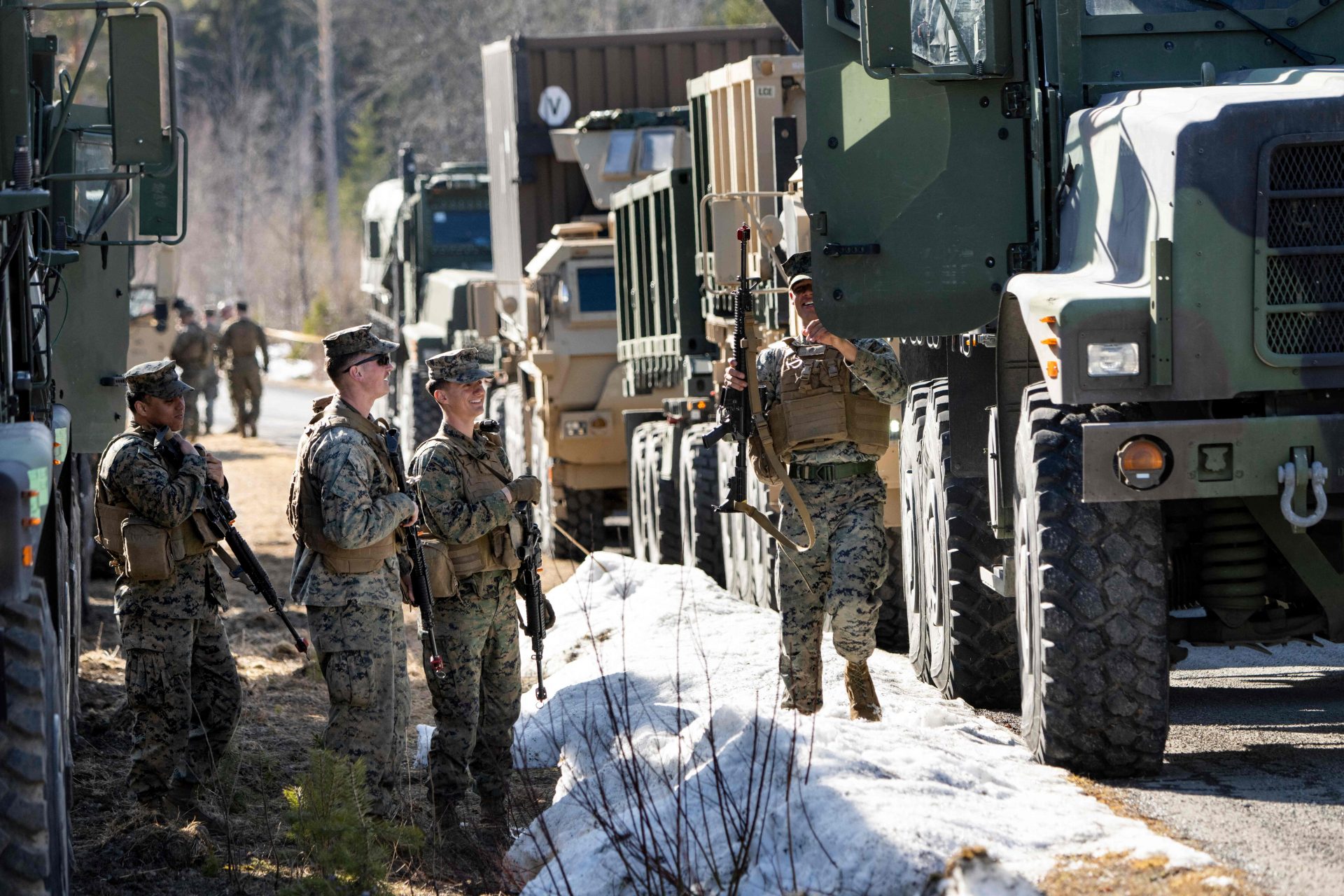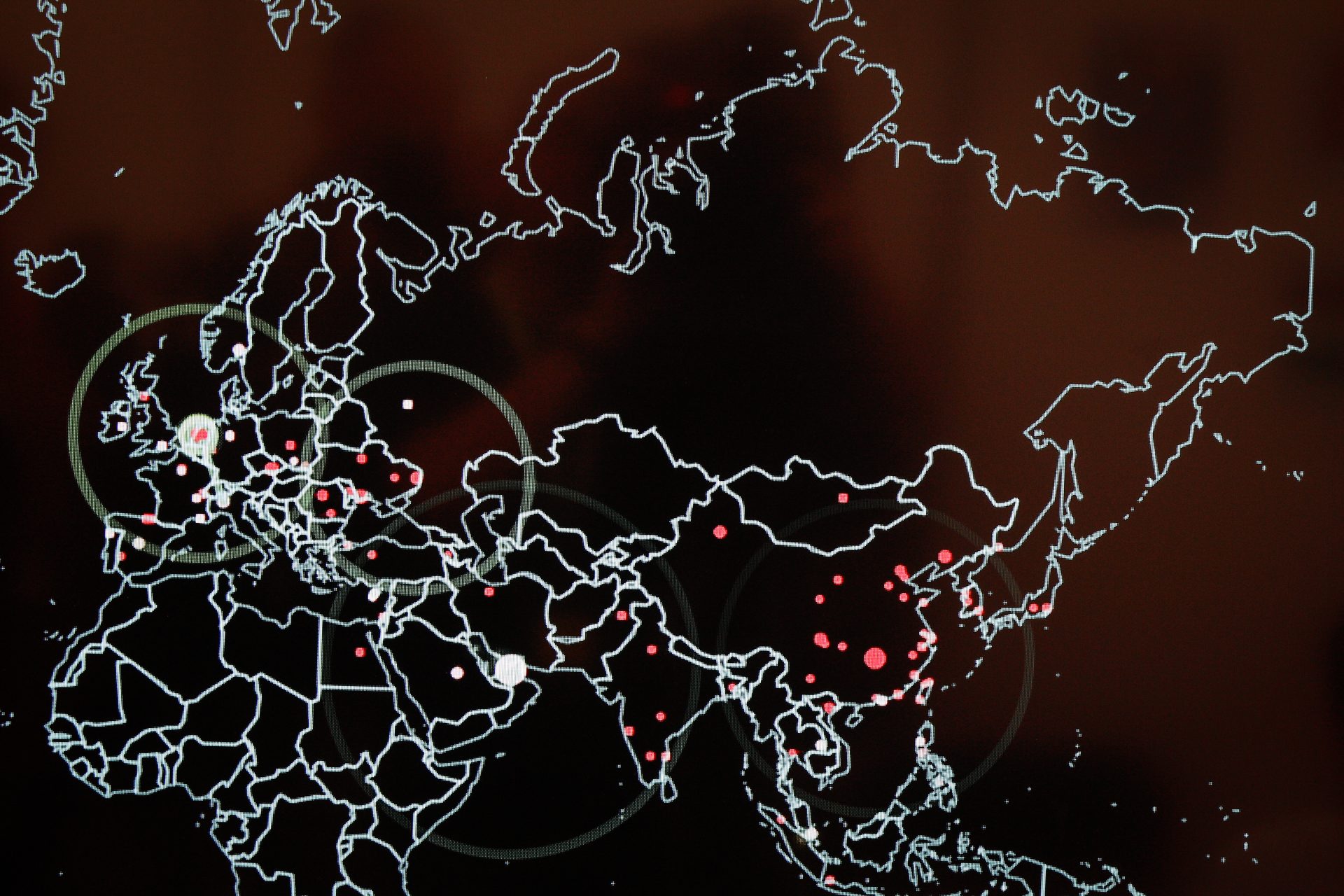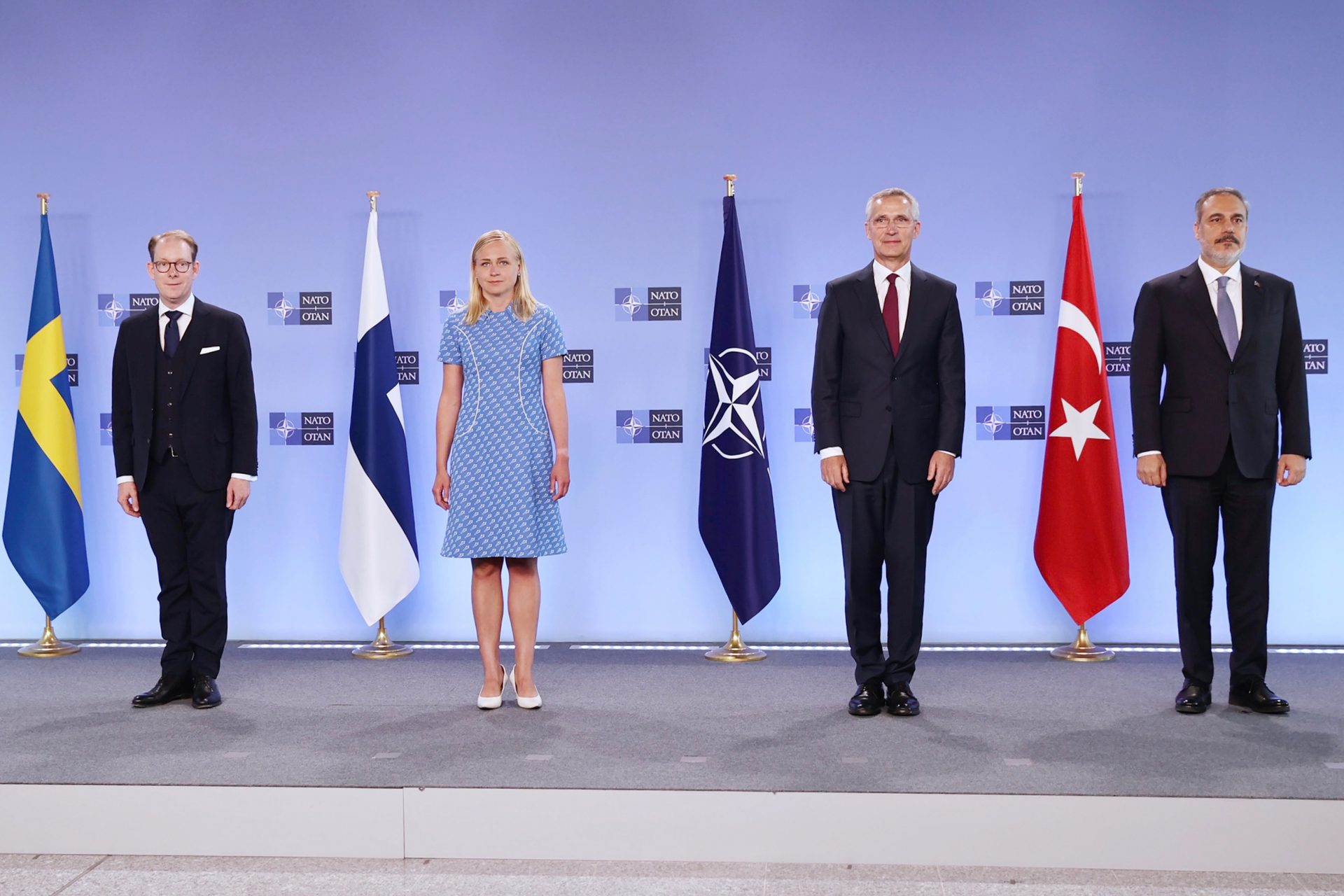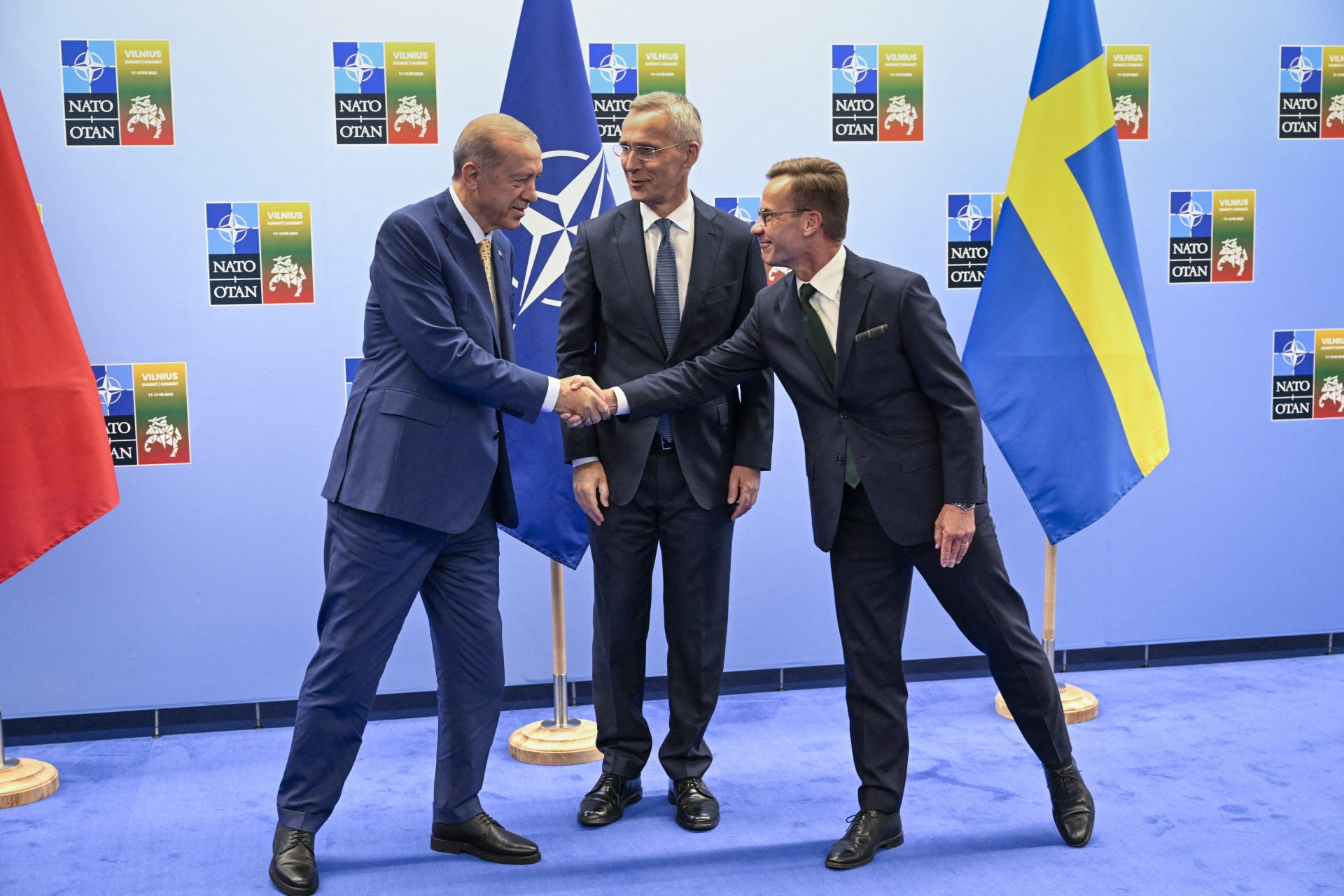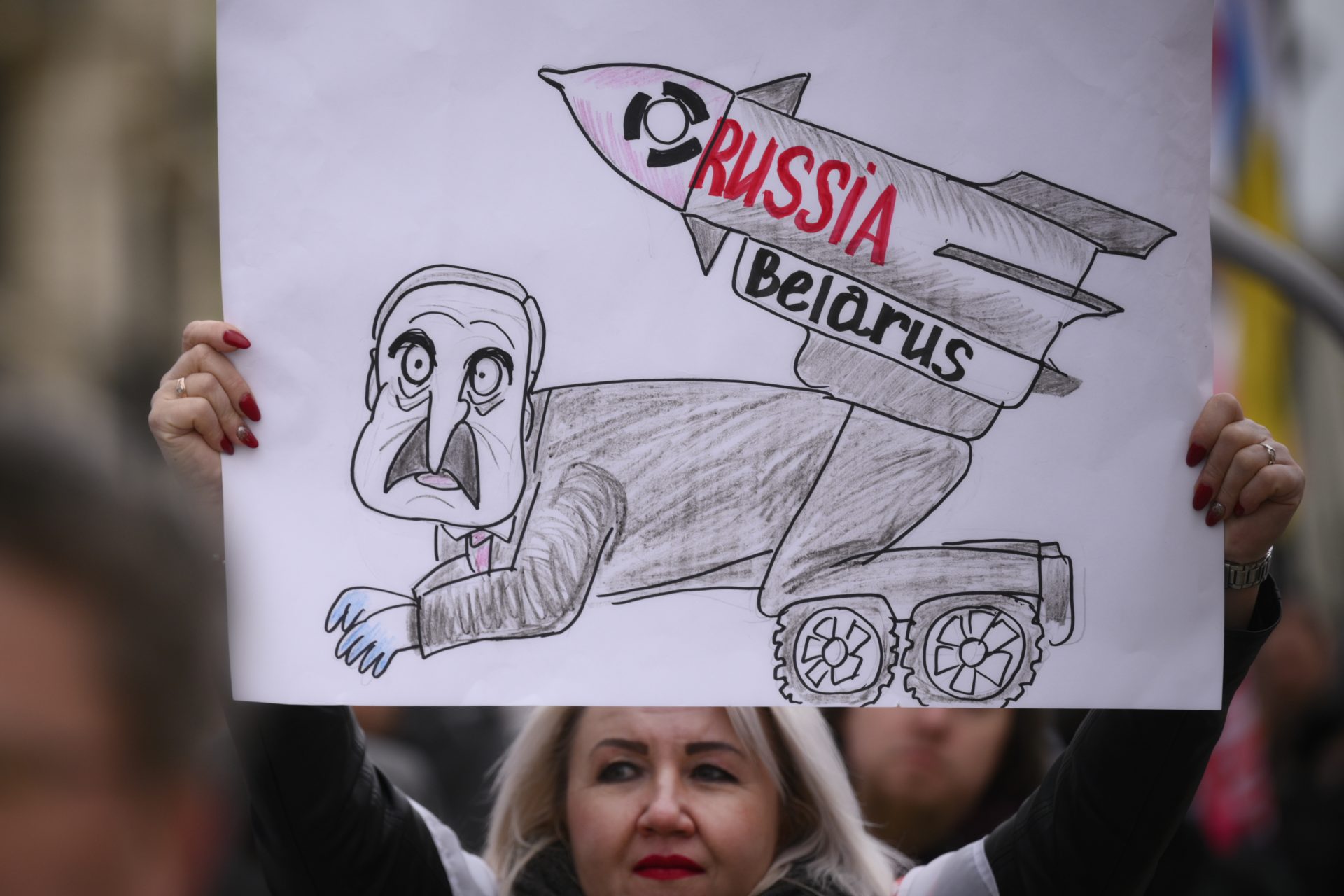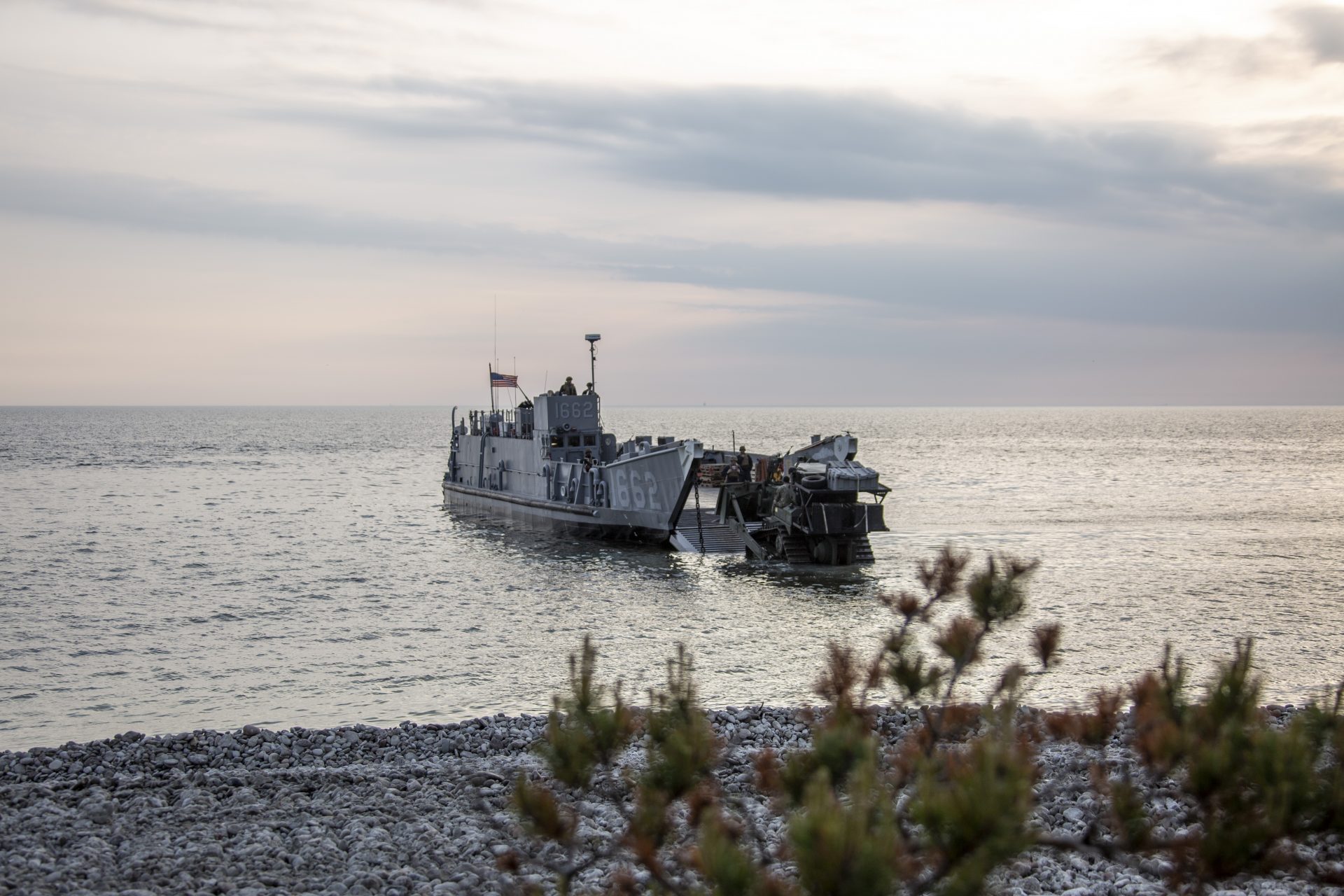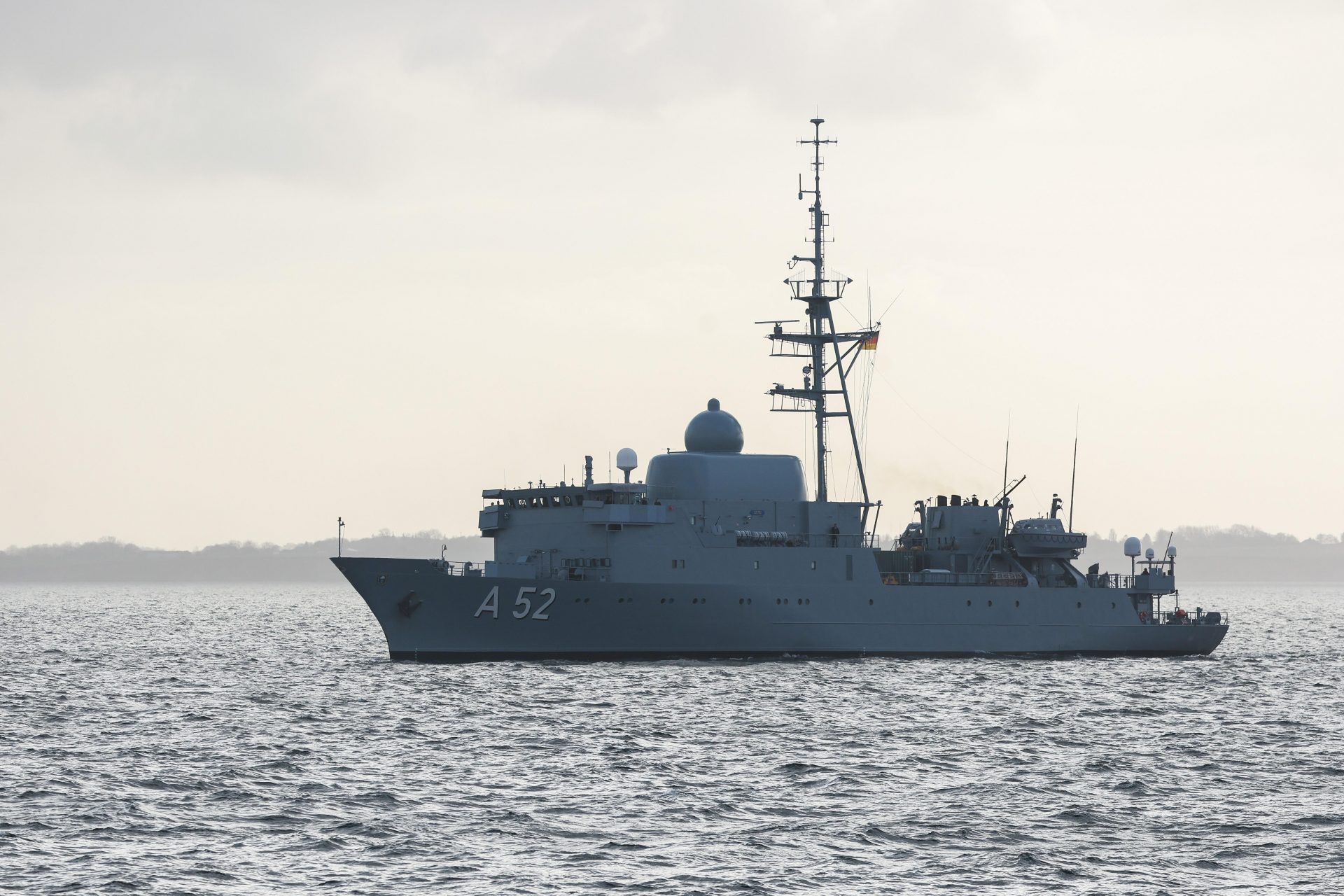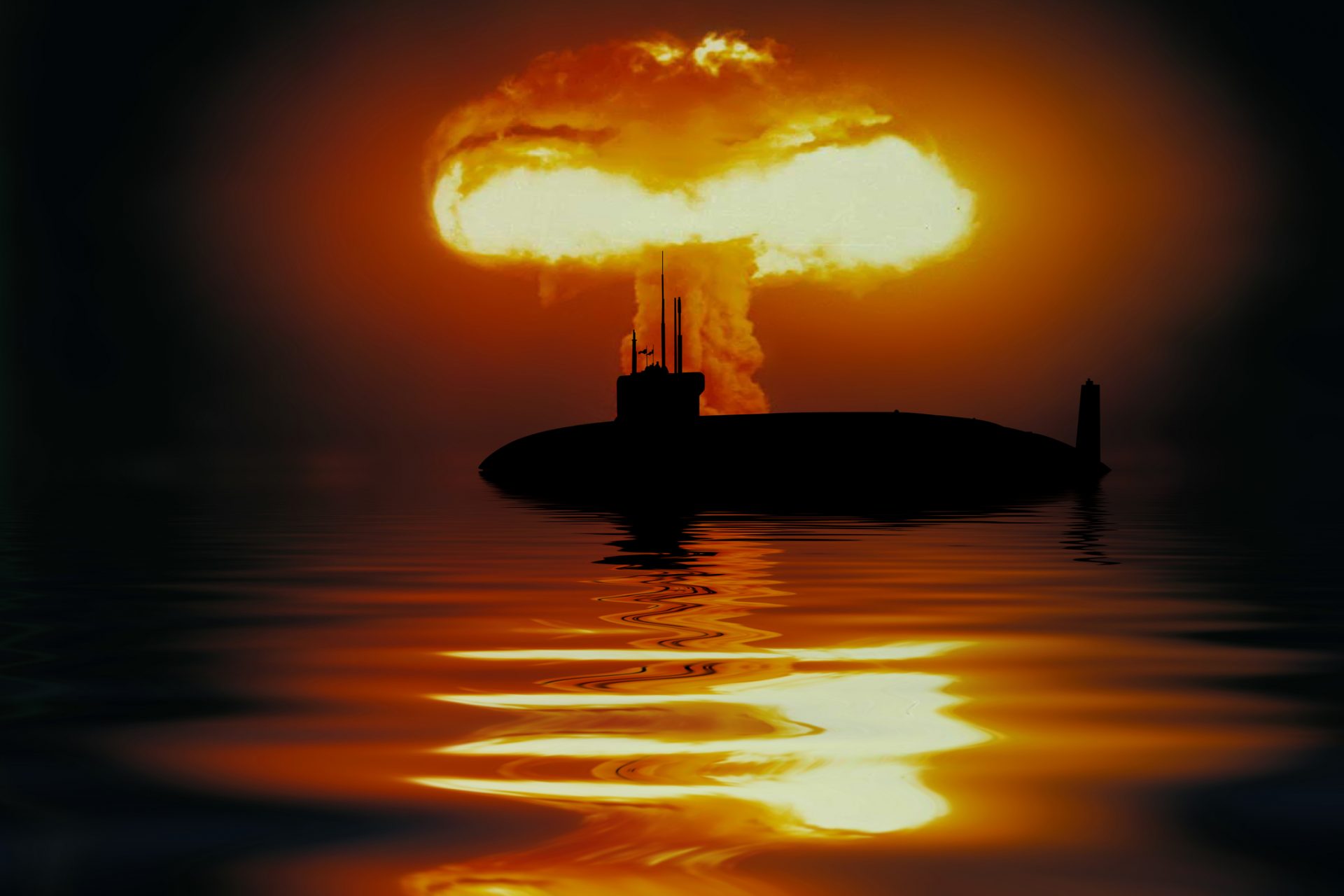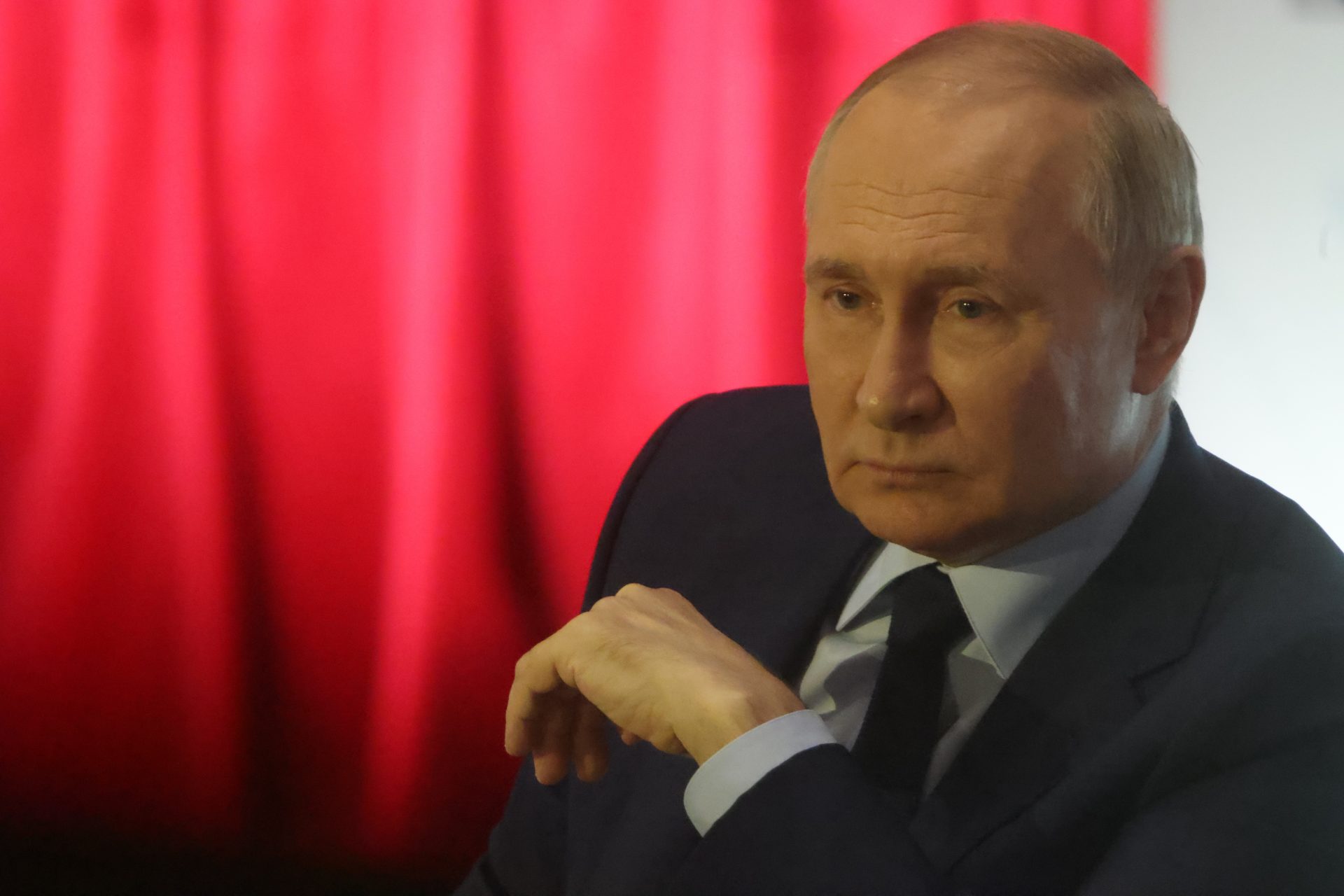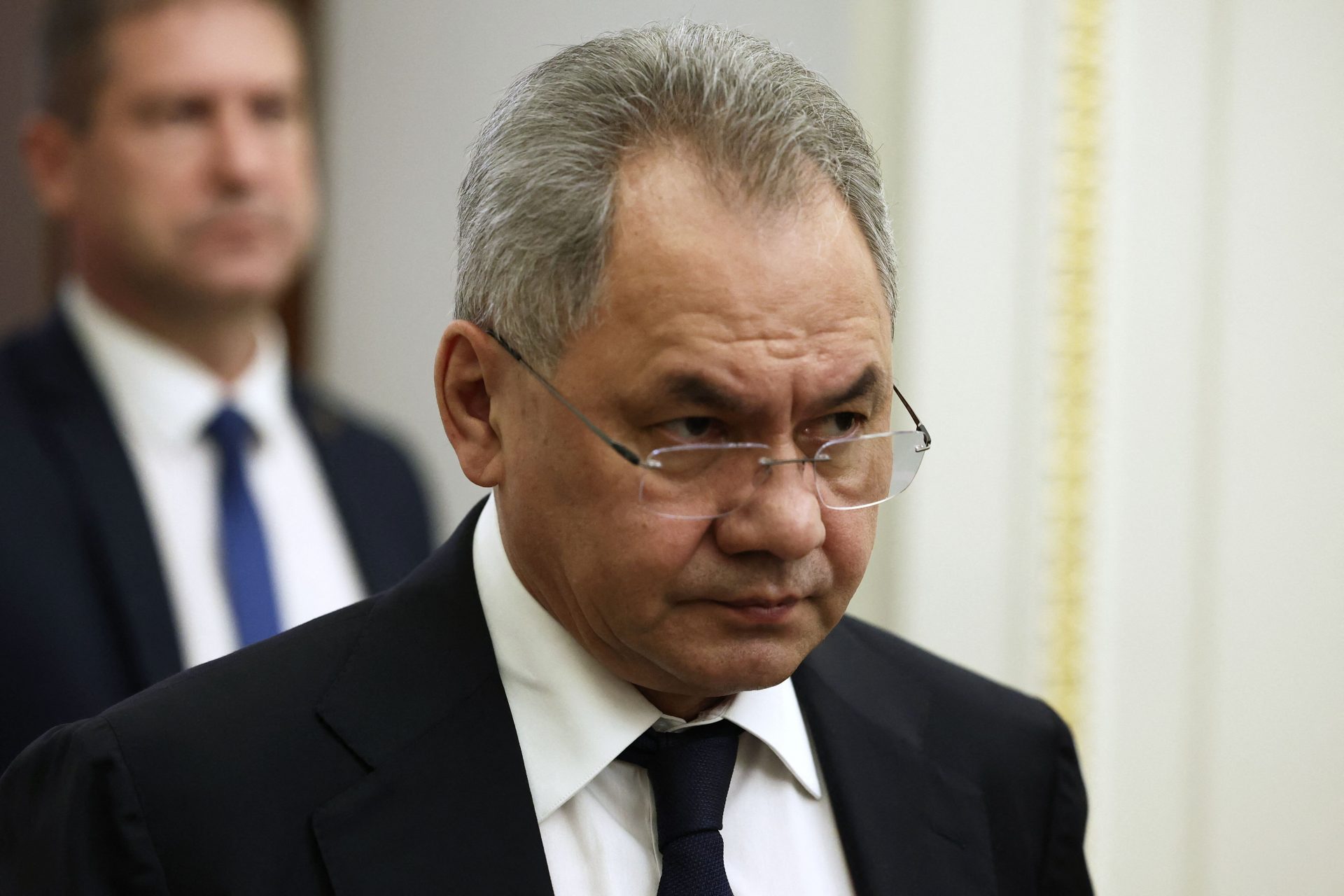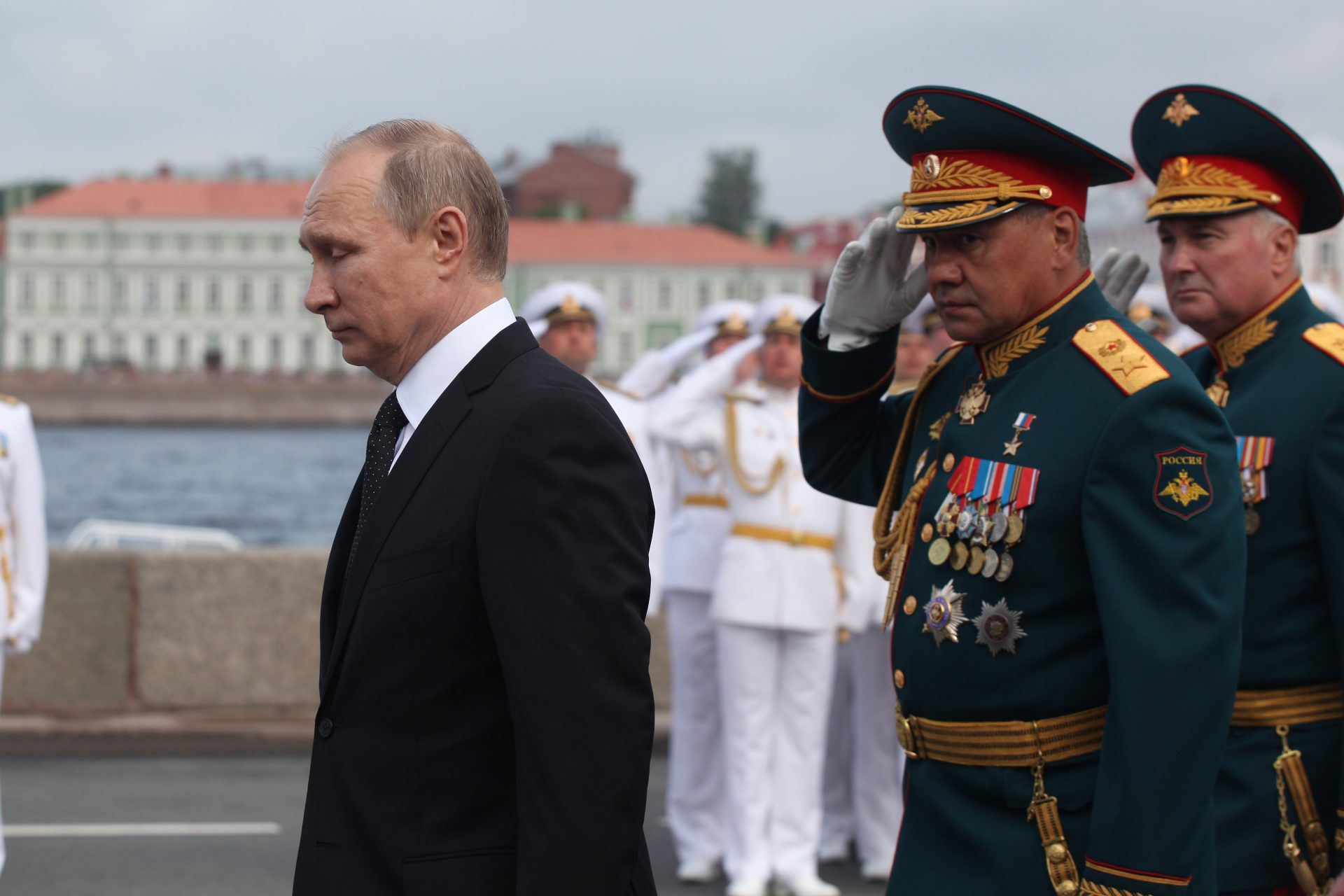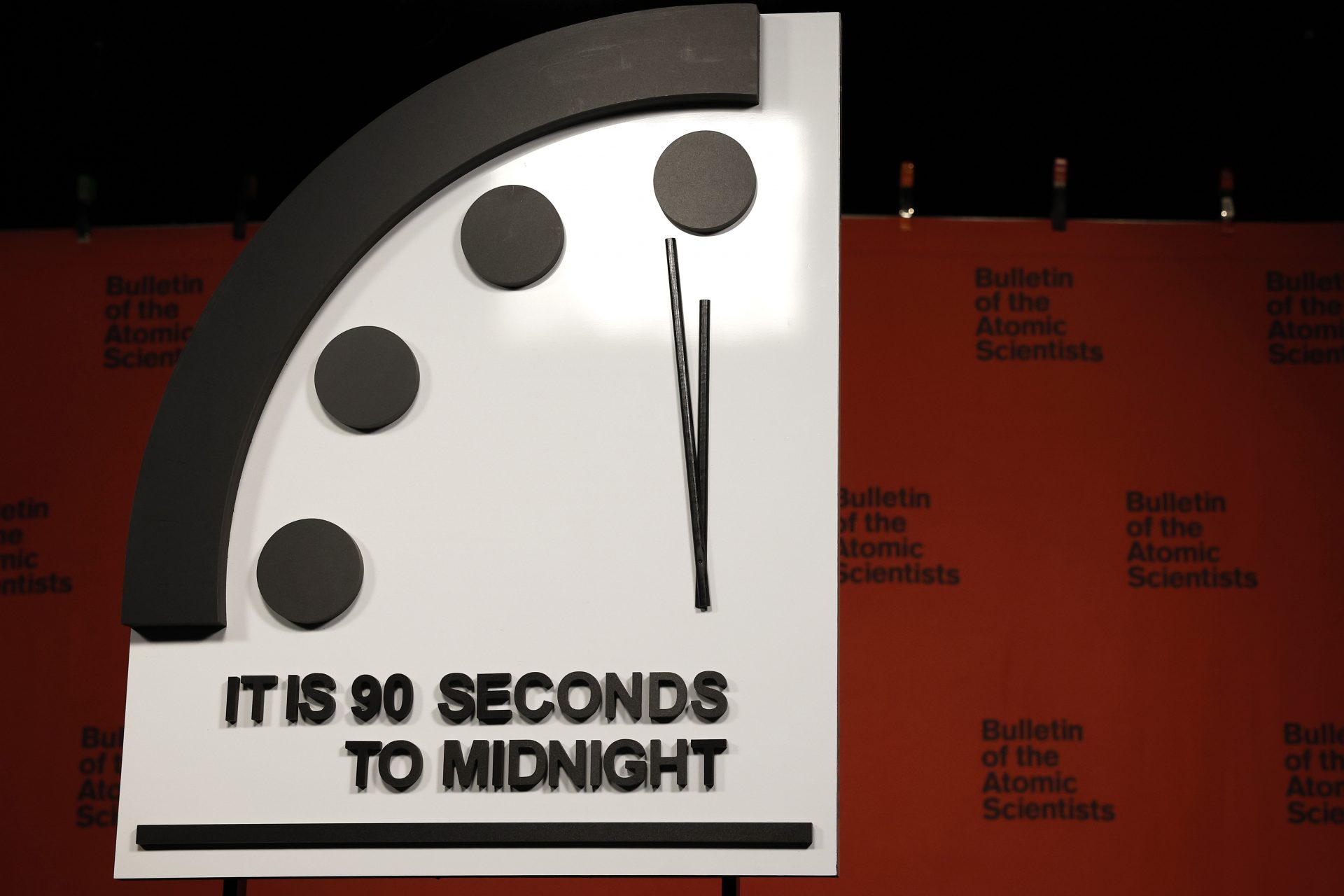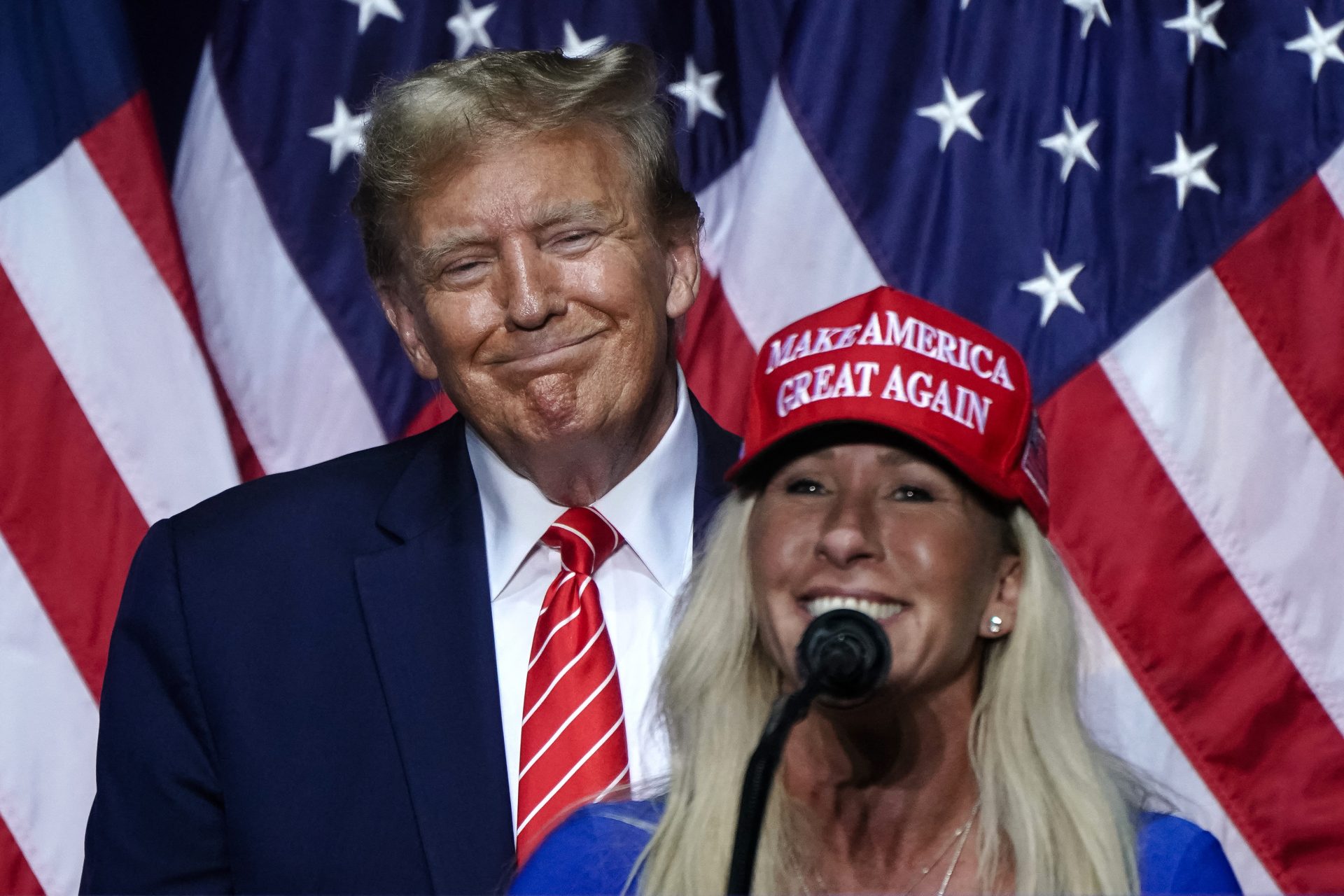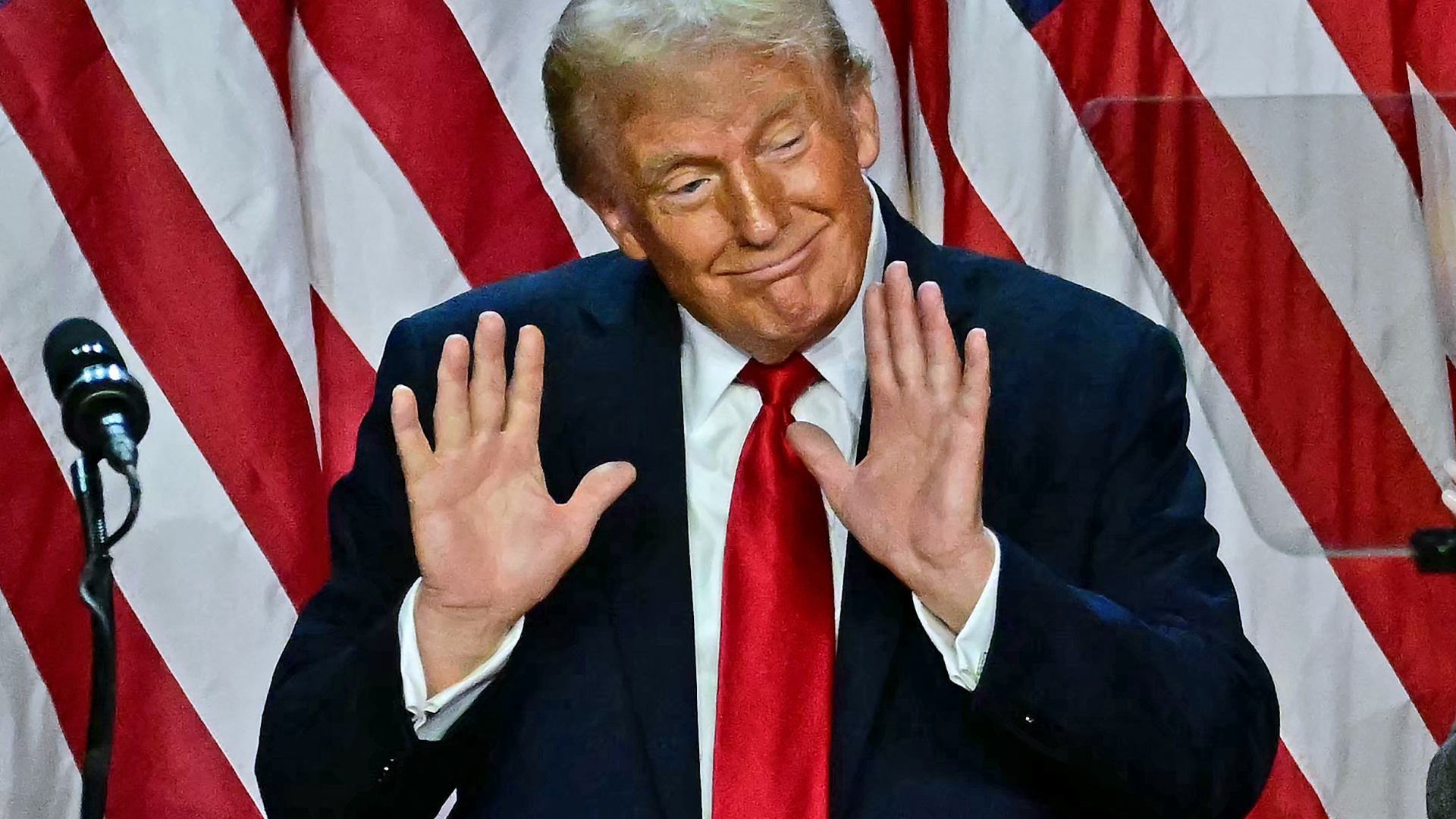A retired Russian colonel explained how a nuclear war could happen
The threat of fighting a nuclear war with Russia has been on the rise ever since Vladimir Putin ordered the invasion of Ukraine. But how might it happen? A former colonel in the Russian Armed Forces recently answered that question.
Mikhail Khodarenok is a retired colonel and military analyst who often provides insight into the war in Ukraine. According to The Kyiv Post, Khodarenok supports the conflict and he is also in favor of an assertive foreign policy from the Kremlin.
Photo Credit: RT International
During a recent appearance on a Russian state-run media channel, Khodarenok revealed how a nuclear conflict between Russia and the West might begin—noting that a possible future exchange could be triggered by tensions in the Baltic Sea.
According to a report from Newsweek on Khodarenok’s remarks, the retired colonel said that tension between Sweden and Russia could lead to a conflict as the country finishes the process of joining NATO as a member of the alliance.
Sweden was a formerly neutral power in the struggle between NATO and Russia but the country opted to join the alliance in partnership with Finland in the wake of the Kremlin’s invasion of Ukraine in February 2022 according to BBC News.
Russia’s Foreign Ministry had previously warned both Sweden and Finland would face consequences if they decided to join the alliance. However, problems with both nation’s future membership arose from Turkey.
Finland was admitted to the alliance before Sweden and Turkey has since given the alliance the green light to admit Sweden into NATO. Russia’s response to the additions to NATO was to move tactical nuclear weapons into Belarus.
The nuclear weapons in Belarus have the capability to hit targets in Finland and Sweden, which is why the region has become one of the new major flashpoints where a possible nuclear conflict could be set off.
Khodarenok likely understands this background and that may be why the retired colonel said the region could lead to a conflict that draws Moscow into an inevitable nuclear war with other NATO members in the area.
Khodarenok and the host of the program discussed hypothetical blockade tactics that NATO could use against Russia once Sweden becomes a full member of the alliance, and the retired colonel explained that this could lead to a war that would ultimately turn nuclear.
"Nonetheless, this would, in fact, lead to a conflict between the Russian Federation and NATO," Khodarenok said according to a translation of his remarks quoted by Newsweek and translated by Anton Gerashchenko, an advisor to Ukraine's Internal Affairs Minister.
“And this conflict can only be nuclear,” Khodarenok added, questioning if the citizens of Sweden and Estonia, another NATO member, had really thought about whether or not they wanted nuclear war with Russia.
“Do you even imagine an underwater nuclear explosion on the roadstead of Tallinn or Stockholm, which will sweep away your city with a wave? Do you even imagine that the entire Baltic Sea could be loaded with our mines?” Khodarenok said.
Whether or not Khodarenok was speaking for what Moscow would do is difficult to parse since his comments were made on the country’s state-owned media channel Russia-1. But it's important to note that Russia has taken a lot of escalatory nuclear steps since the war began.
Newsweek noted Putin has suspended Russia’s participation in the New START nuclear arms control treaty with the United States, and it has already been noted that tactical nuclear weapons were moved into Belarus. More recent Russian moves have been just as concerning.
In October, BBC News reported that Russia rehearsed a massive nuclear strike based on a statement from the Kremlin. Russian Defense Minister Sergei Shoigu explained that the exercise involved delivering a "response to an enemy nuclear strike.”
On November 2rd, Vladimir Putin signed a law that withdrew Russia’s ratification of the Comprehensive Test Ban Treaty according to Reuters, and Moscow recently test-fired a new intercontinental ballistic missile known as the Bulava the Associated Press noted.
At present, nuclear war with Russia isn’t likely but the world has gotten closer according to the Doomsday Clock from the Bulletin of the Atomic Scientists, which now stands at 90 seconds to midnight— “the closest to global catastrophe it has ever been.”
More for you
Top Stories



